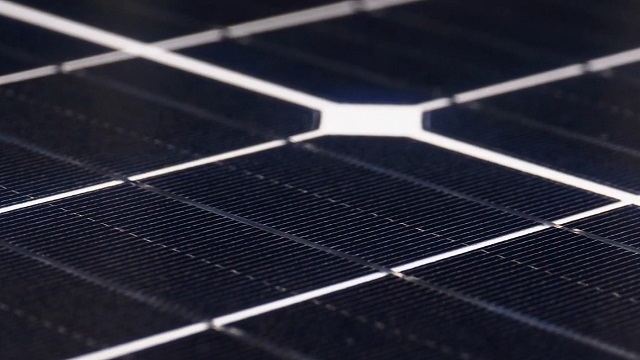Cando-solar Photoelectric Technology in China said that its latest solar panel can produce up to 425W and convert to electricity at up to 22.1%. It has a temperature coefficient of -0.24% per degree Celsius.
Chinese module manufacturer Cando Solar Photoelectric Technology has created a heterojunction solar panel based on busbarless technology.
A spokesperson for the company told pv magazine that “Our new panel was intended to be used in rooftop PV projects and provides customers lower unit costs as well as higher power generating capacities.” Our module is 10% cheaper than heterojunction modules made by European producers because it uses less silver.
There are five options available for the module, with power outputs ranging from 405 W up to 425 W and power conversion efficiencys ranging from 21.1% up to 22.1%. Open-circuit voltage ranges between 29.7 V to 30.2 V, while the short-circuit current ranges between 17.02 A to 17.39 A.
The panel measures 1,754 mm by 1,096mm x 30mm and weighs 23.6kg. The panel is made with 2mm tempered anti-reflective and 30mm aluminum alloy frames. It has an IP68 enclosure. The maximum system voltage is 1,500V. It can operate at temperatures between -40 C and 85 C.
The panel’s temperature coefficient stands at -0.24% per degree Celsius. The manufacturer also offers a 12-year warranty on the product and a 30-year guarantee on power output. The panels can be operated at 87.4% of the original performance after the guarantee period.
The new product was certified by Germany’s TUV Rheinland.
The spokesperson stated that this was the first time reliability certification for busbar-less heterojunction products, based on large silicon wafers of 210mm in size, has been achieved.
Cando-solar’s headquarters is in Changzhou, Jiangsu. The company is increasing the manufacturing capacity by 100 MW to 1GW.
The spokesperson stated that they had recently raised funds for the expansion plan. “We also look forward to working with partners around the world.”
